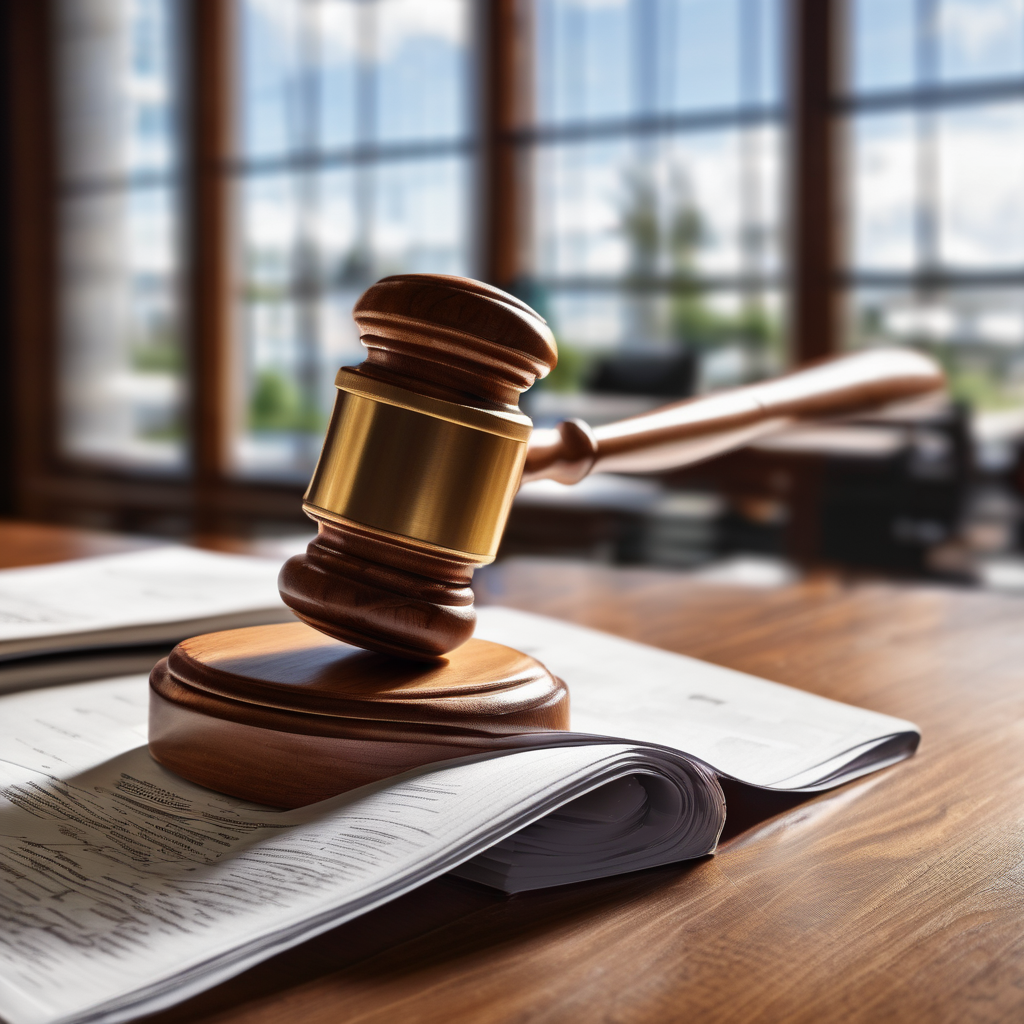The Suva High Court has postponed the judgment in the case involving former Prime Minister Voreqe Bainimarama and former Police Commissioner Sitiveni Qiliho, now scheduled for next Thursday. Justice Thushara Rajasinghe has requested additional submissions from the involved parties concerning specific sections of the Constitution pertinent to the appointment of the acting Police Commissioner. The sections under scrutiny include section 163(2), section 135(4), and section 129(4) of the Constitution.
Bainimarama, charged with one count of making unwarranted demands as a public official, allegedly pressured then Acting Commissioner of Police, Rusiate Tudravu, to terminate the employment of Sergeant Penieli Ratei and Police Constable Tomasi Naulu, under threat of compromising his own position. Sitiveni Qiliho faces two counts of abuse of office. It’s alleged that in August 2021, Qiliho circumvented due process by directing the termination of the two officers, actions that are said to have prejudiced their rights.
The legal proceedings have drawn significant public attention, sparking discussions on governance and accountability standards for public officials in Fiji. The case underscores the judicial system’s role in addressing misconduct and maintaining integrity within governmental institutions. The defense, represented by R. Patel Lawyers Devanesh Sharma and Gul Fatima, along with the prosecution by Assistant DPP Laisani Tabukuro and co-counsel Pooja Mishra, highlight the seriousness of the charges.
Despite the legal complexities, the case represents an opportunity for reinforcing ethical conduct and transparency within Fiji’s public service sector. Observers hope that the legal process will enhance accountability measures, ensuring justice and fairness, thus potentially fostering a more robust governance system. As discussions flourish, there is optimism that the outcome will serve as a catalyst for more stringent ethical standards, thereby strengthening public trust in governmental institutions.
